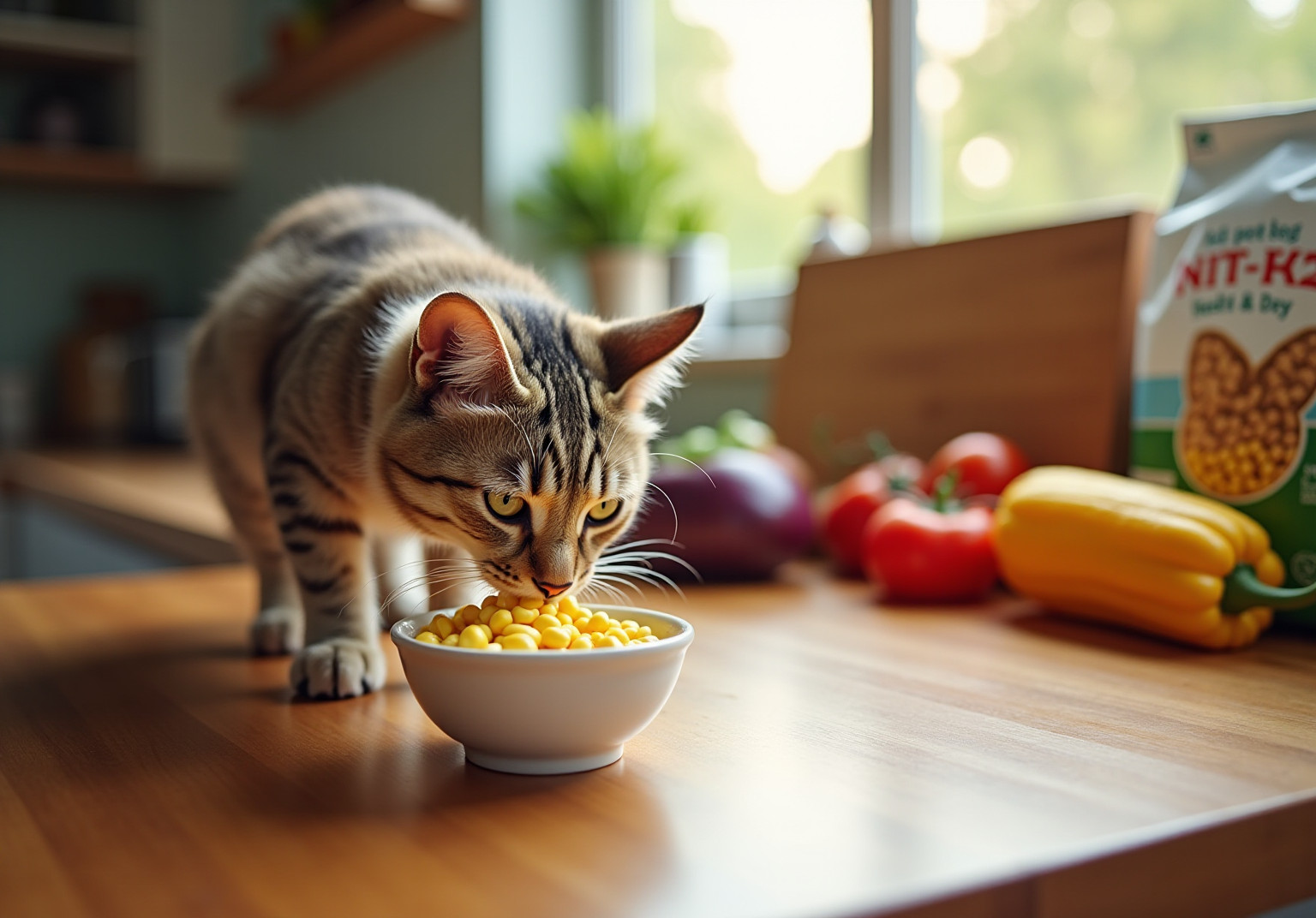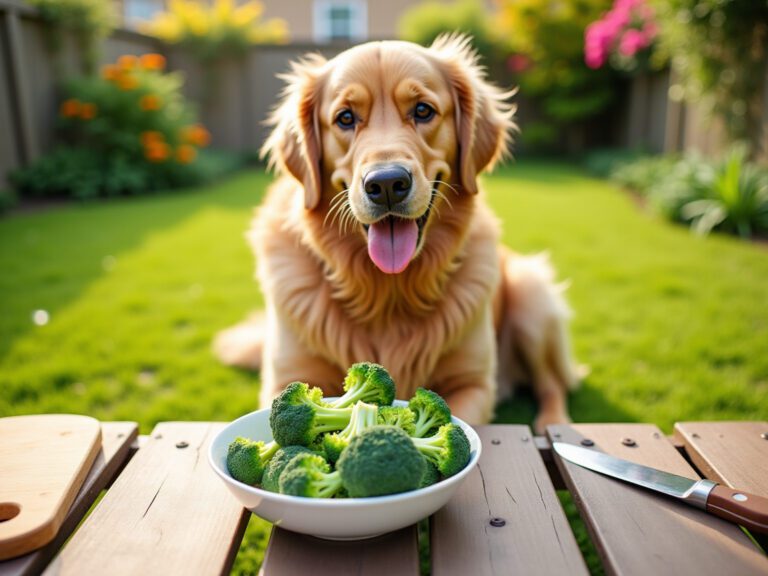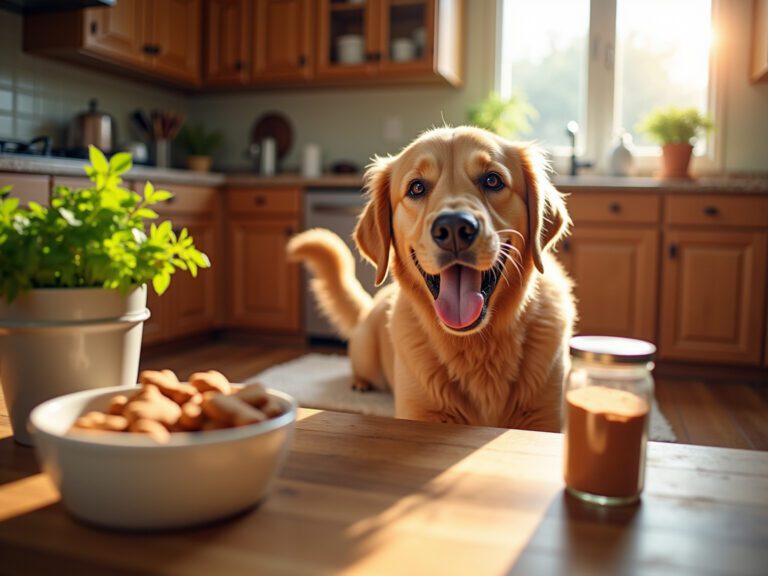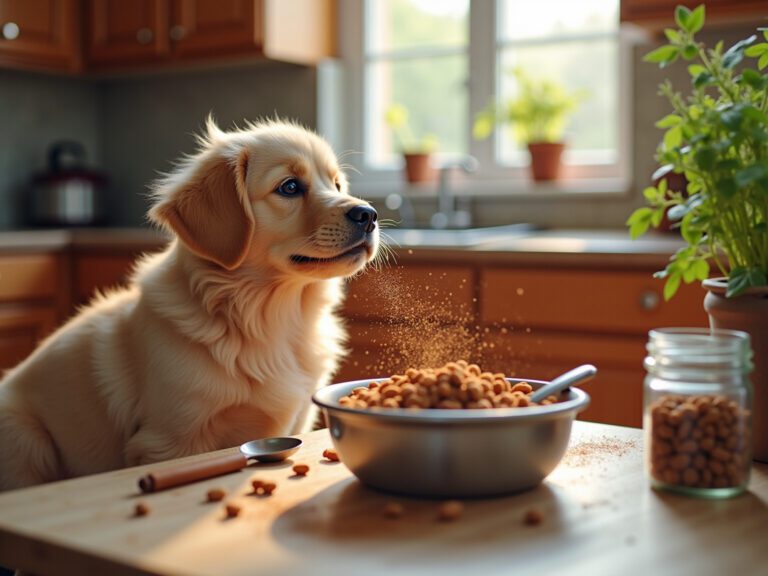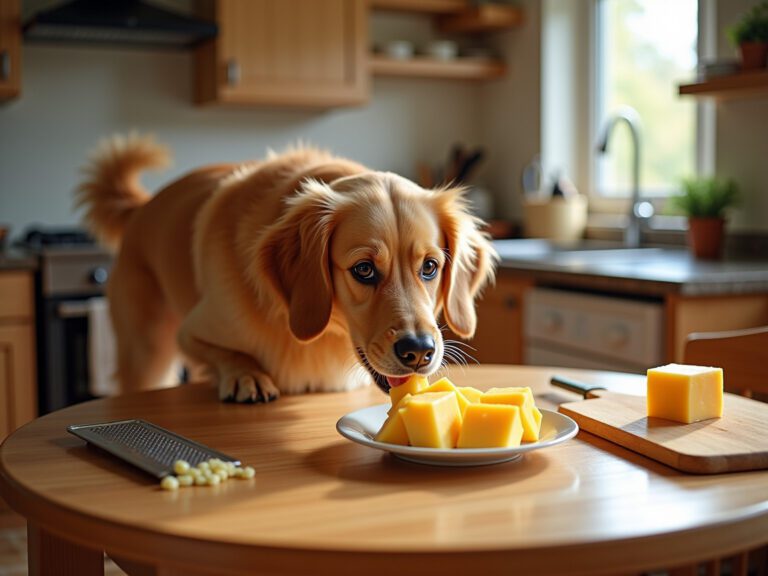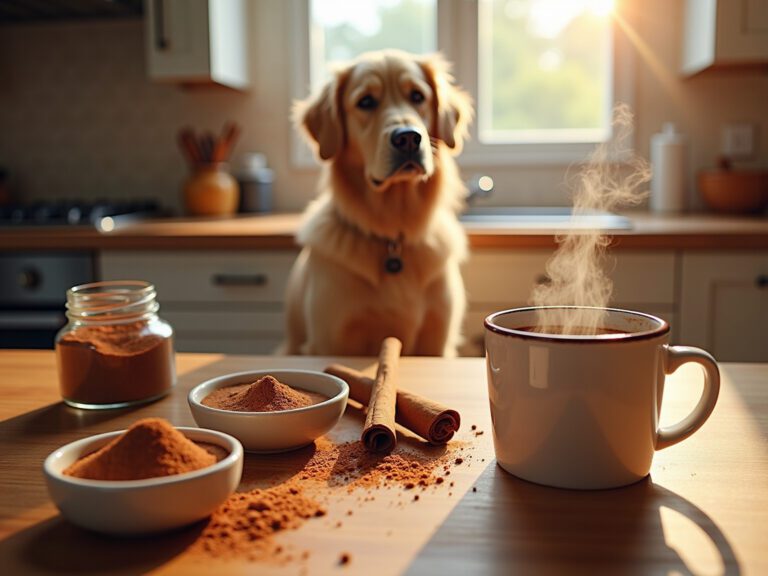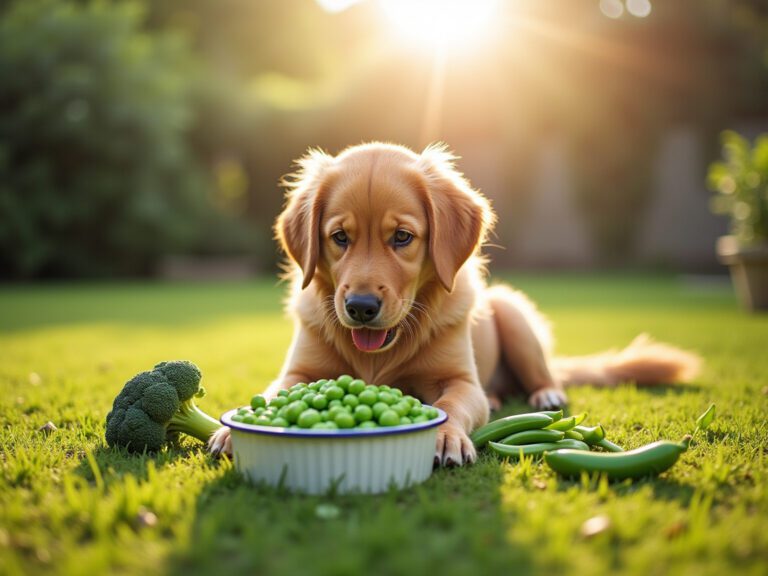Can Cats Eat Corn? Understanding Its Nutritional Value and Safety
Overview
As a loving pet owner, you might wonder about the foods you can share with your furry family members.
- Cats can enjoy corn in moderation; it’s not toxic and can offer some nutritional benefits, such as energy and dietary fiber.
- However, it’s essential to remember that your cat is an obligate carnivore, meaning their diet should primarily consist of animal protein.
- Think of corn as an occasional treat rather than a dietary staple.
- Always keep an eye out for any potential digestive issues or allergies, ensuring your beloved pet remains happy and healthy.
Introduction
In the world of pet nutrition, corn often emerges as a topic of concern for many loving cat owners. This common cereal grain can offer some energy and essential nutrients, but it’s vital to grasp its role in your feline friend’s overall health. As obligate carnivores, cats thrive on a diet rich in animal proteins. Therefore, navigating the complexities of incorporating corn into their meals is essential for pet owners who want the best for their furry family members.
This exploration will gently guide you through the nutritional profile of corn, its potential risks, and the best practices for safely introducing this ingredient into your cat’s diet. Our goal is to ensure that you feel well-informed and confident in making choices that truly benefit your beloved pets.
Understanding Corn: Definition and Nutritional Profile for Cats
Corn, a cereal grain often found in various pet foods, including those for your furry family members, primarily consists of carbohydrates that serve as an energy source. Its nutritional profile offers essential fatty acids, dietary fiber, and a range of vitamins and minerals, such as B vitamins, magnesium, and potassium. However, it’s important to recognize that while some may wonder can cats eat corn, it does not fulfill the primary nutritional needs of cats. As obligate carnivores, felines require a high protein intake from animal sources to thrive. While corn can provide some energy and minor nutrients, it should not be the foundation of a cat’s diet.
Research shows that different types of corn can affect the nutritional and physical properties of pet food, underlining the significance of ingredient quality in pet nutrition. Veterinary reports confirm that corn is generally safe for cats, which leads to the question of can cats eat corn, as there are no documented cases of corn allergies among the studies reviewed, as noted by Carlotti, Remy, and Prost (1990). However, it’s essential to be aware that some corn products, like corn dogs, may contain processed meat items along with spices, sugars, and preservatives unsuitable for cats. Thus, while discussing whether can cats eat corn, it should complement a regimen rich in animal proteins to ensure optimal health and well-being.
Pet owners are encouraged to remain informed consumers, especially since some pet food companies may prioritize market share over the health of your beloved pets. Let’s work together to create a nurturing environment for your feline friends, ensuring they receive the best care possible.
Assessing Safety: Risks and Concerns of Feeding Corn to Cats
While maize isn’t inherently toxic to your furry family members, pet owners should be mindful of the risks associated with its consumption and consider if cats can eat corn safely. Cats may face digestive disturbances, such as vomiting or diarrhea, particularly when grains are consumed in large amounts or not properly prepared, which raises the question of whether cats can eat corn. Moreover, when discussing whether cats can eat corn, it’s important to recognize that maize cobs and husks can pose significant choking hazards and may lead to gastrointestinal blockages if ingested.
Some felines might also experience allergies or sensitivities to maize, leading to the question of whether cats can eat corn, which can manifest as skin irritations or digestive issues. Studies indicate that a small fraction of cats may be sensitive to maize, which raises the question of whether cats can eat corn without experiencing any negative responses. As Kiersten Rankel wisely notes, “Persistent symptoms are a red flag,” reinforcing the need for vigilance in your pet’s care. Therefore, moderation is key when considering if cats can eat corn as an occasional snack, and it should never replace a well-rounded, meat-centered diet.
Veterinary guidance emphasizes the importance of consulting with a veterinarian before introducing any human foods, especially for cats with pre-existing health concerns. A case study titled ‘The Bottom Line on Maize for Cats’ suggests that while maize is a safe ingredient in commercial cat foods, it also addresses the question of whether cats can eat corn as a treat in moderation. Ensuring that your cat’s dietary needs are met is essential, and while the question of whether cats can eat corn exists, it must be approached with care and an understanding of the potential risks.
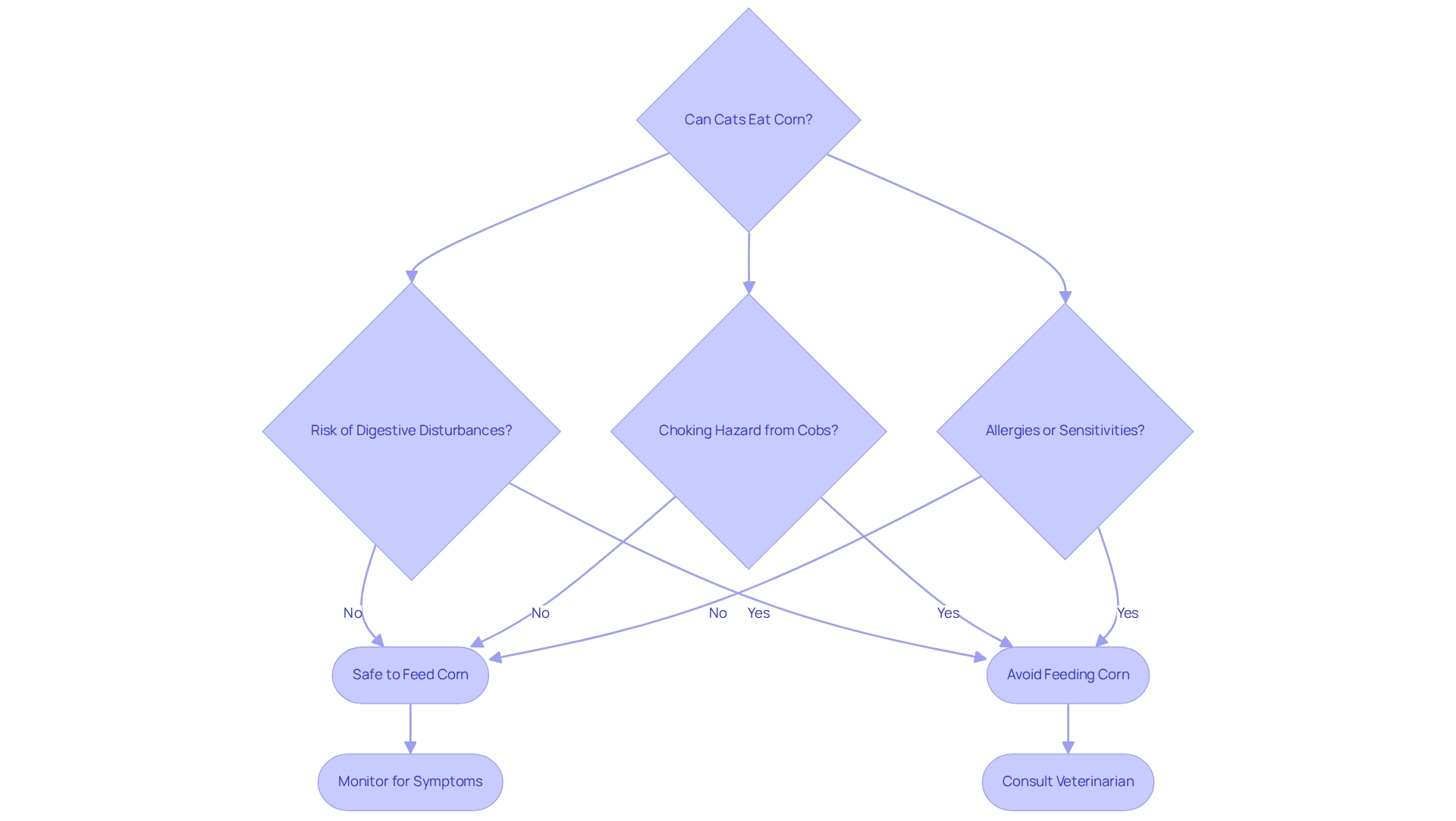
Exploring Benefits: Nutritional Advantages of Corn for Cats
When it comes to nurturing your furry family members, you might ask, can cats eat corn, as it can offer several nutritional benefits when included in their diet in moderation. As a source of carbohydrates, it provides energy for active cats, fueling their playful nature and zest for life. Moreover, maize is rich in dietary fiber, which supports digestion and promotes healthy bowel movements, ensuring your pet feels their best.
Research shows that maize also contains linoleic acid, an essential fatty acid that contributes to skin and coat health. Additionally, corn is abundant in vitamins and minerals, including Vitamin C, Vitamin B6, iron, and magnesium, all of which are vital for your cat’s overall well-being. While these advantages are noteworthy, it’s important to remember that they are supplementary and should not replace the primary protein sources that cats need for optimal health.
It’s a common misconception that completely eliminating grains is the best way to manage food allergies in pets. Often, the dislike for grains is influenced more by advertising than by scientific proof. A case study on the digestibility of cooked ground maize reveals that it is highly digestible, allowing your pets to efficiently absorb its important nutrients. Overall, when included thoughtfully in their diet, one might wonder can cats eat corn, as it can be a beneficial addition to a balanced cat diet, enhancing both energy levels and overall well-being. By considering the needs of your beloved companions, you can create a nurturing environment that supports their health and happiness.
Feeding Guidelines: How to Safely Introduce Corn to Your Cat’s Diet
When considering if cats can eat corn, it’s essential to start your beloved cat’s diet with small amounts of plain, cooked maize. Ensure it is free from any additives like butter or salt, as these can be harmful. Remember, raw maize can be tough for your furry family members to digest, so always boil or steam it before serving. A teaspoon of maize once a week is a gentle guideline for most cats.
It’s important to remove the kernels from the cob, as the cob can pose a choking hazard. Keep a watchful eye on your cat for any adverse reactions, such as digestive upset or allergic symptoms like sneezing, vomiting, or diarrhea. If you notice anything concerning, don’t hesitate to consult your veterinarian. As Kaitlyn Fuerst wisely notes, ‘This is why maize should only serve as a snack for your pet.’
Additionally, steer clear of feeding corn dogs to your cat, as they are unhealthy options. Remember, when asking if cats can eat corn, it should only be an occasional treat, not a staple in your cat’s diet. By taking these precautions, you can create a nurturing environment for your pet while ensuring their health and happiness.
Conclusion
Understanding the role of corn in your furry family member’s diet is essential for responsible pet ownership. While corn can offer energy and certain nutrients, it’s important to remember that cats are obligate carnivores, requiring a diet primarily made up of animal protein. Think of corn as a supplementary ingredient rather than a dietary staple. Its nutritional benefits, including fiber and essential fatty acids, can enhance overall health when offered in moderation.
However, as a caring pet owner, it’s crucial to stay vigilant regarding the potential risks associated with feeding corn to cats. Digestive upsets and allergies, although not common, can occur. This is why careful observation and consultation with a veterinarian are key when introducing new foods. Ensuring that corn is prepared properly and served as an occasional treat can help mitigate these concerns.
Ultimately, the key to incorporating corn into your cat’s diet lies in moderation and balance. By focusing on providing a well-rounded, protein-rich diet, corn can play a minor yet beneficial role in maintaining your feline’s health. By staying informed and attentive, you can make choices that support your cat’s well-being while enjoying the occasional treat of corn. Remember, nurturing your pet is a journey, and every small step counts towards their happiness and health.
Frequently Asked Questions
What is corn primarily composed of in pet foods?
Corn primarily consists of carbohydrates that serve as an energy source.
Does corn provide any nutritional benefits for cats?
Yes, corn offers essential fatty acids, dietary fiber, and a range of vitamins and minerals, including B vitamins, magnesium, and potassium. However, it does not fulfill the primary nutritional needs of cats.
Can cats eat corn safely?
Yes, corn is generally safe for cats, and there are no documented cases of corn allergies among the studies reviewed.
Why is corn not suitable as a primary food source for cats?
Cats are obligate carnivores, meaning they require a high protein intake from animal sources to thrive. While corn can provide some energy and minor nutrients, it should not be the foundation of a cat’s diet.
Are there any corn products that should be avoided for cats?
Yes, some corn products, such as corn dogs, may contain processed meat items along with spices, sugars, and preservatives that are unsuitable for cats.
What should be the focus of a cat’s diet?
A cat’s diet should be rich in animal proteins to ensure optimal health and well-being.
What should pet owners be aware of regarding pet food companies?
Pet owners are encouraged to remain informed consumers, as some pet food companies may prioritize market share over the health of pets.

